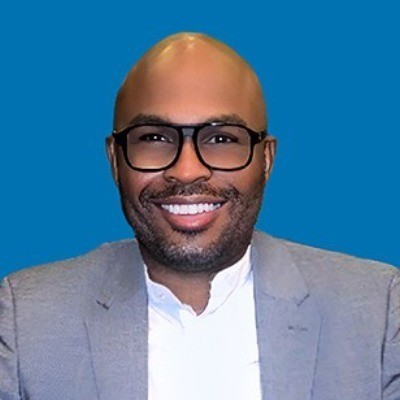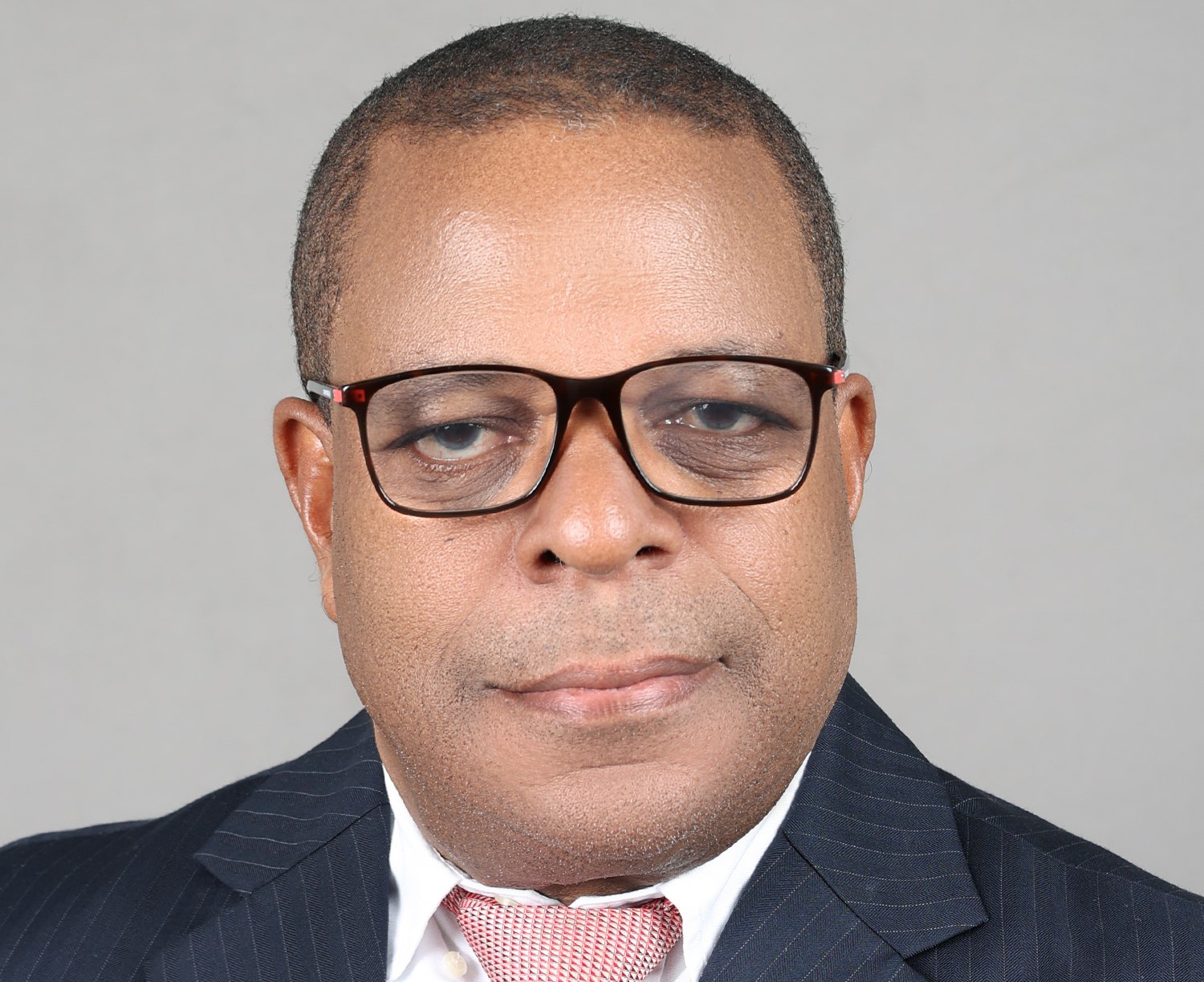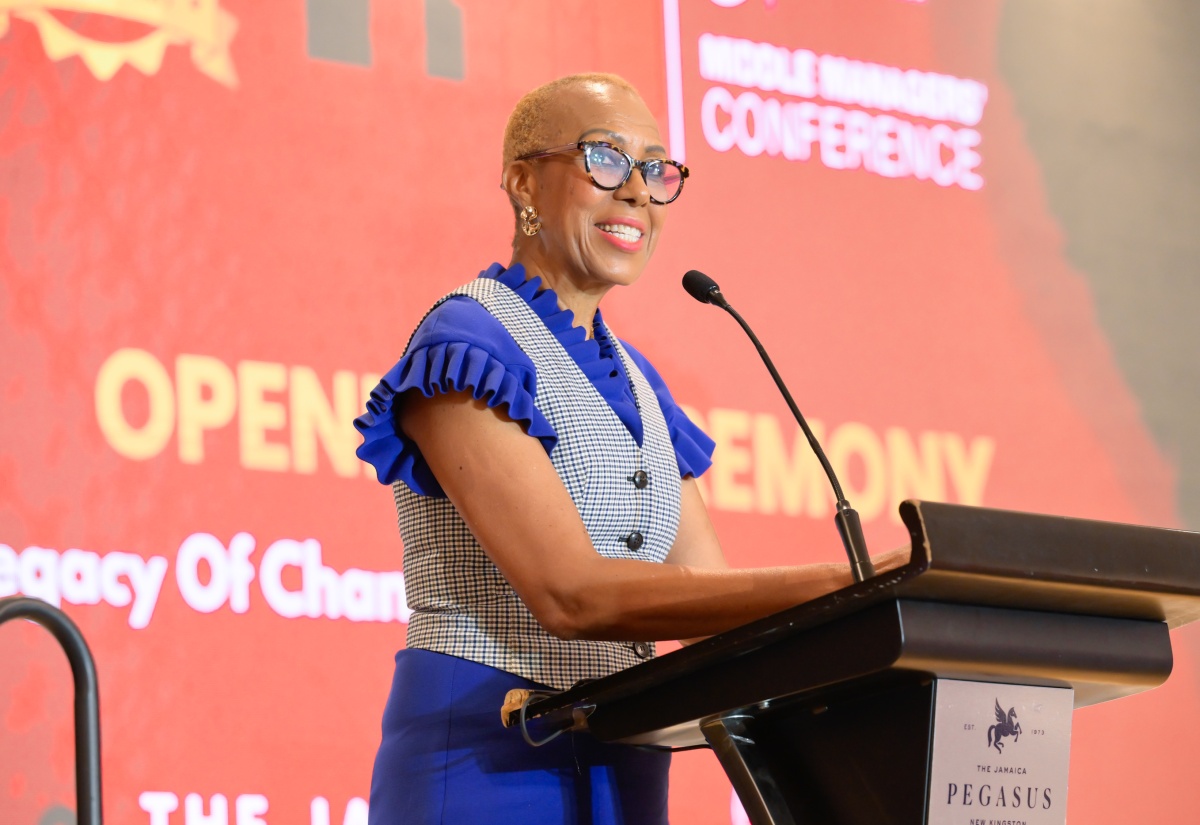MARCH 25, 2022
Mr. President, I rise in support of the Appropriations Bill, 2022, which when passed will approve the estimates of Heads of Expenditure in the 2022/2023 budget.
I would like to commend the Hon. Minister of Finance & the Public Service, Nigel Clarke, on the work he has put into preparing the budget. I think the Minister has lifted the level of budget debate to another level which sets a new standard. His budget presentation under the theme Recovery, Reform and Restoration was supported by empirical data and deep analysis of the issues and for me instilled confidence for the management of the economy now and going forward, by this Government.
I would also like to thank Ms Darlene Morrison, the Financial Secretary, and all the Deputy Financial Secretaries for the hard work they put into each year’s budget. My comment about the Minister of Finance & the Public Service is also a reflection of the professionalism and expertise of the staff at the Ministry. I also want to recognise the BOJ, PIOJ and STATIN, and all the technical staff at the various Ministries for their continued commitment to producing the budget.
I would like to congratulate the Most Hon. Prime Minister on a very comprehensive budget presentation which addressed the main issues facing our nation at this time, and setting out the plans for securing a better Jamaica, for all Jamaicans by Sowing S.E.E.D.S of Peace, Opportunity and Prosperity. S.E.E.D.S. meaning
Security
Environment and Energy
Education and Skills
Development of Infrastructure
Social Partnership & Unity
It was a brilliant presentation and very much prime ministerial and visionary. In terms of the Security aspect of his presentation, I was happy to hear the update that Plan Secure Jamaica is being systematically and strategically implemented through the provision of technological, telecommunications, training, and other resources.
Mr President, I recall for the last two fiscal years we have debated the Appropriations Bill in the context of dealing with the impact of the COVID-19 pandemic.
Countries around the world are opening their economies and easing COVID-19 restrictions. Jamaica has followed suit as the Hon. Prime Minister recently announced the lifting of the DRMA order. I am cautiously optimistic that we have passed the worst of the pandemic. However, this year we are debating the budget in the context of new challenges.
Economic Recovery
The economy has been recovering from the impact of COVID-19 well ahead of most of our neigbouring countries. Economic growth, job creation, debt reduction has all seen positive improvements.
• In the 1st quarter of 2021/2022 fiscal year, the economy grew by 14.2%-the highest ever recorded quarterly growth rate in Jamaica’s history. The economy is projected to continue to grow during the upcoming fiscal year at a rate of 7-9%.
• The Tourism sector is on the rebound to 70% of pre-pandemic levels and the majority of other sectors have also seen improvement.
• Unemployment reached an all-time low of 7.1% in October last year.
• Debt to GDP ratio has fallen to 96% and is on track to reduce even further.
• Business confidence increased by 24% in the quarter ended December 21; and
• Net International Reserves are now at pre-pandemic levels—US$3.6 Billion as at February this year.
These macro indicators have supported Fitch’s affirmation of the country’s B+ sovereign rating and our outlook remains stable. Fitch has highlighted Jamaica’s consistent fiscal policy effort to reduce our stock of debt as a key factor in the ratings.
Achieving these growth rates will firmly place the economy on a path towards pre-pandemic levels. The Government’s leadership through nearly three years of the worst crisis we have ever seen must be commended.
Budget 2022/2023
Mr. President, the budget for FY2022/23 is expected to support recovery, facilitate reform, and foster restoration of the Jamaican economy.
Total expenditure for the 2022/2023 fiscal year is set at J$912 billion, a 9.1% increase relative to the prior fiscal year. Total income estimates of J$906.4 billion, a 12.3% rise compared to FY2021/22.
A budget deficit of J$5.6billion will be funded by cash reserves from prior years’ budget surpluses. My understanding is that budget deficit should have limited impact on inflation and interest rates. I appreciate the Minister of Finance clarifying an unfortunate interpretation of the budget figures by the Opposition where it was suggested that the Government would collect J$99 billion more in taxes during 2022/2023. It is extremely important for the Jamaican people to get the facts.
To compute how much more the Government plans to collect in taxes this coming year, one would have to subtract the latest estimated amount of taxes to be collected this year (2021/22) from the projected amount of taxes to be collected next year (2022/23).
The former figure is contained in the Second Supplementary Estimates tabled and passed in the House of Representatives in January 2022 which shows that estimated tax revenues for 2021/22 is approximately J$606 billion. This figure is included on Page 6 of the 2022/23 Fiscal Policy Paper. In addition, the Page 34 of the Fiscal Policy Paper summarizes the Second and Third Supplementary Estimates, inclusive of the expected revenue for 2021/22 of J$606 billion.
This compares with projected tax collection for 2022/23 of J$671 billion as contained in recently tabled budgetary documents. Tax revenues are therefore expected to grow by the difference between these two numbers, that is, J$65 billion.
So, in summary, the Government plans to collect J$65 billion more in taxes next fiscal year 2022/23 as compared with the current fiscal year 2021/22, without the imposition of any new taxes or tax increases.
The strong fiscal management performance of the government has resulted in the fifth year in a row that there will be NO new taxes.
Headwinds- Rise in Inflation and Commodity Prices
Mr. President, one of the main headwinds that in my opinion is a risk to reaching full pre-pandemic levels of growth is the increase in inflation globally and the uncertainty around the duration of global inflationary pressures.
The Governor of the BOJ and his team have been doing a good job in managing these pressures and I want to recognize him in this regard. Our situation is not dissimilar to developed economies such as the United States. The Federal Reserve launched a high-risk effort to tame the worst inflation since the 1970s, raising its benchmark short-term interest rate.
Proper fiscal management is key for us to navigate the choppy financial seas this year.
Mr President, I heard the opposition speak about the cost of living increase. But we have to place the rise in food prices in context of commodity prices. Global inflation is the highest it has ever been. United States’ inflation reached a 40-year high at 7.5%. The Russia/Ukraine war also has a significant impact on commodity prices.
Based on data I compiled from Business Insider and the World Bank, YOY 2020/2021 commodity price increases were as follows:
*Commodity 2020 2021
Corn (Maize) -3% 57%
Natural gas (US) -22% 92%
Soybeans 10% 43%
WTI Crude Oil -31% 73%
Brent Crude Oil -34% 67%
Wheat 8% 24%
These increases have gotten worse in 2022.
Russia and Ukraine are suppliers of about one third (1/3) of the global demand for wheat which has resulted in an increase in the cost of food items such as bread.
Mr President, when we are speaking to our nation, it is unfair to speak about increase in prices without putting in context why the prices are increasing, so Jamaicans can get a better understanding of the issues we are facing. I will speak to this later in my presentation, hopefully with some solutions.
As I listened to the proposal by the Opposition, I didn’t hear the analytics and empirical data to support what was being proposed.
Mr. President, today I refer to that as the “politics of promises” which is a knee jerk reaction to gain political popularity which has previously gotten us into trouble. For example, the Opposition’s proposal would cost 2% of GDP or J$40 Billion. The question that I must ask is how it is going to be financed. I would suggest that the only way to do so is to raise taxes or increase our debt stock which would spiral us into a bigger problem. Either way the most vulnerable will suffer the most.
So, Mr President, in my opinion, based on all that is happening in the global economy, the tensions in Europe, the discussion we should be having is around how we can become more self-sufficient as a country. I have said many times that we have to grow our way out of our debt problem. In crisis there is opportunity. With the rise in food prices we need to strategically focus our efforts on production to improve food security, raise productivity and create sustainable value-added food products. I have said it over and over that we need to set ourselves a target to cut our import bill from US$1Billion to US$500M by 2030. This is how we are going to cushion the effects of the rise in global food prices. We need to invest significantly more in agriculture, both for local consumption and export.
Debt to GDP Ratio
So, Mr President, earlier I raised the issue about increasing the stock of debt, I will say again, we cannot spend more than we earn and borrow our way to economic recovery. The future is too uncertain to take on more debt. We cannot afford another Jamaica Debt Exchange (JDX) or National Debt Exchange (NDX) restructuring. Our peers have Debt to GDP ratios that are still 10, 20, 30 and some even as high as 60 percentage points higher than their pre-
COVID levels.
A high level of debt results in tremendous debt servicing costs which makes the country susceptible to adverse shocks. A high level of debt increases macroeconomic uncertainty and lowers our ability to engender long term growth as public investment capacity is crowded out by debt service obligations. We have been on the precipice of disaster with respect to our debt to GDP—we cannot go back there.
The former Minister of Finance, Dr Peter Phillips’ did an excellent job in running the first leg of fiscal reform. Audley Shaw took the baton from Dr Phillips and passed it to Nigel Clarke who is doing and excellent job. We must continue to build on those wins, otherwise we will end up in a virtuous cycle of debt.
The key is to find the right balance between fiscal austerity and protecting the most vulnerable in our society. I commend the Minister of Finance for finding this balance with the budget.
Fiscal Commission
Mr President, on a previous occasion, in this House I indicated my support for the establishment of the Fiscal Commission, so that we can have in place a body that will provide the level of oversight and hold the Government accountable to staying on track to achieving the debt to GDP target. This will take away the temptation of “politics of promises” that has gotten us into significant trouble since independence. I noted the update from the Minister of Finance that plans are underway to appoint the Fiscal Commissioner within the 2022/2023 fiscal year. The Commission is not a “nice to have” it is an imperative to enhance the governance structure so that we can continue our path to economic independence.
Renewable Energy
Mr President, another important factor in building our country’s resilience, is reducing our dependence on Crude Oil which I just mentioned increased by 67% YOY 20/21. This significant increase has impacted electricity costs. I want to highlight the efforts of the Government to cover 20% of the JPS Bill for households that consume 200Kwh of electricity or less. This is an example of timely welfare targeting so that only those who are most vulnerable will benefit and the assistance is time bound. Mr President, we also need to incentivize a cultural change towards more renewable sources of energy and put the polices in place to effect the change.
Jamaica’s current usage rate for renewables is 13% and the Government’s target is to reach 30% by 2030 with possibility to formalize a 50% target. It is an ambitious target, but it can be done if we create the right policies the environment and incentives to achieve this objective. In Barbados for example businesses and homeowners engaged in the renewable energy and energy efficiency sectors benefit from energy tax incentives.
The Minister responsible for energy should report to the Parliament on an annual basis of how we are doing against the target and the actions being taken to stay on track.
Social Protection Initiatives
Mr President, I also wanted to note my support for the allocation of J$16.9 billion to the PATH Programme, to support the vulnerable sectors. This support will be provided through the PATH cash grant, Social Pension for the Elderly, Rehabilitation Grants, the Social Intervention/Youth Empowerment Strategy and the support for needy students. We care for all Jamaicans.
Capital Expenditure
Capital expenditure initiatives will stimulate economic activity by providing jobs and creating capital capacity earnings to fuel economic recovery. The total projected spend on capital expenditure for the upcoming fiscal year is J$65.1billion an increase of 20% YOY. Some of the major projects announced which I am pleased about include:
• Southern Coastal Highway Improvement Project
• Montego Bay Perimeter Road; and the
• Northern Coastal Highway
Mr President, in closing, I would like to again offer my support for the Bill and say that, our resilience as a country has been tested more than ever before but we have shown that we can get through this together and we will recover stronger.
Thank you, Mr. President
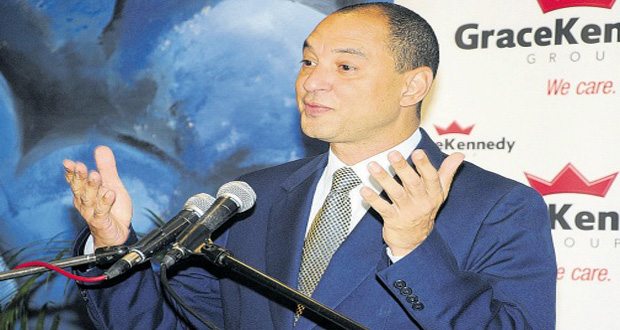

 Businessuite Markets4 weeks ago
Businessuite Markets4 weeks ago
 Businessuite News242 weeks ago
Businessuite News242 weeks ago
 Businessuite News245 days ago
Businessuite News245 days ago
 Corporate Feature2 weeks ago
Corporate Feature2 weeks ago
 Businessuite News24 International2 weeks ago
Businessuite News24 International2 weeks ago
 Businessuite Women2 weeks ago
Businessuite Women2 weeks ago
 Businessuite Markets1 week ago
Businessuite Markets1 week ago
 Business Insights4 weeks ago
Business Insights4 weeks ago

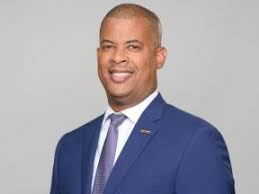


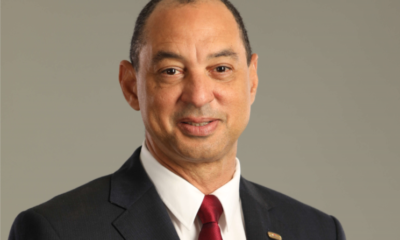




 When Mr. Tyrone Wilson, Chairman, President, and CEO of Kintyre Holdings (JA) Limited, stepped into the additional role of Chief Executive Officer at Visual Vibe—alongside his existing portfolio—industry observers took note. His move, following the resignation of Chief Investment Officer Andrew Wildish, now consolidates strategic, operational, and governance control under one leader across the two connected companies.
When Mr. Tyrone Wilson, Chairman, President, and CEO of Kintyre Holdings (JA) Limited, stepped into the additional role of Chief Executive Officer at Visual Vibe—alongside his existing portfolio—industry observers took note. His move, following the resignation of Chief Investment Officer Andrew Wildish, now consolidates strategic, operational, and governance control under one leader across the two connected companies.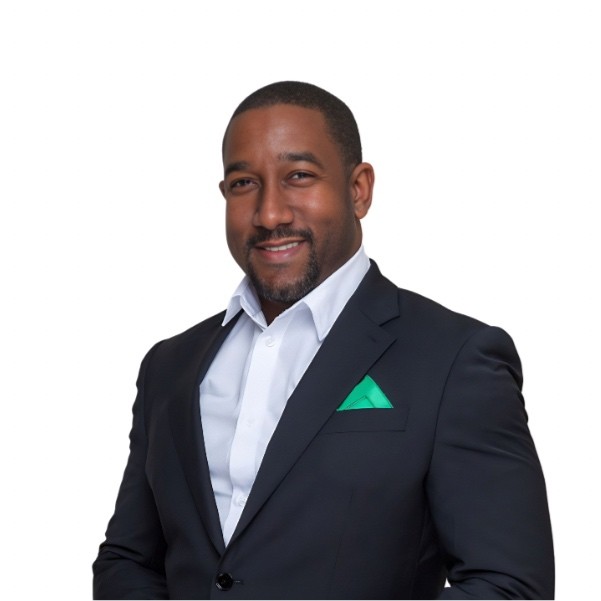
 1. Time Becomes Your Most Valuable Currency
1. Time Becomes Your Most Valuable Currency